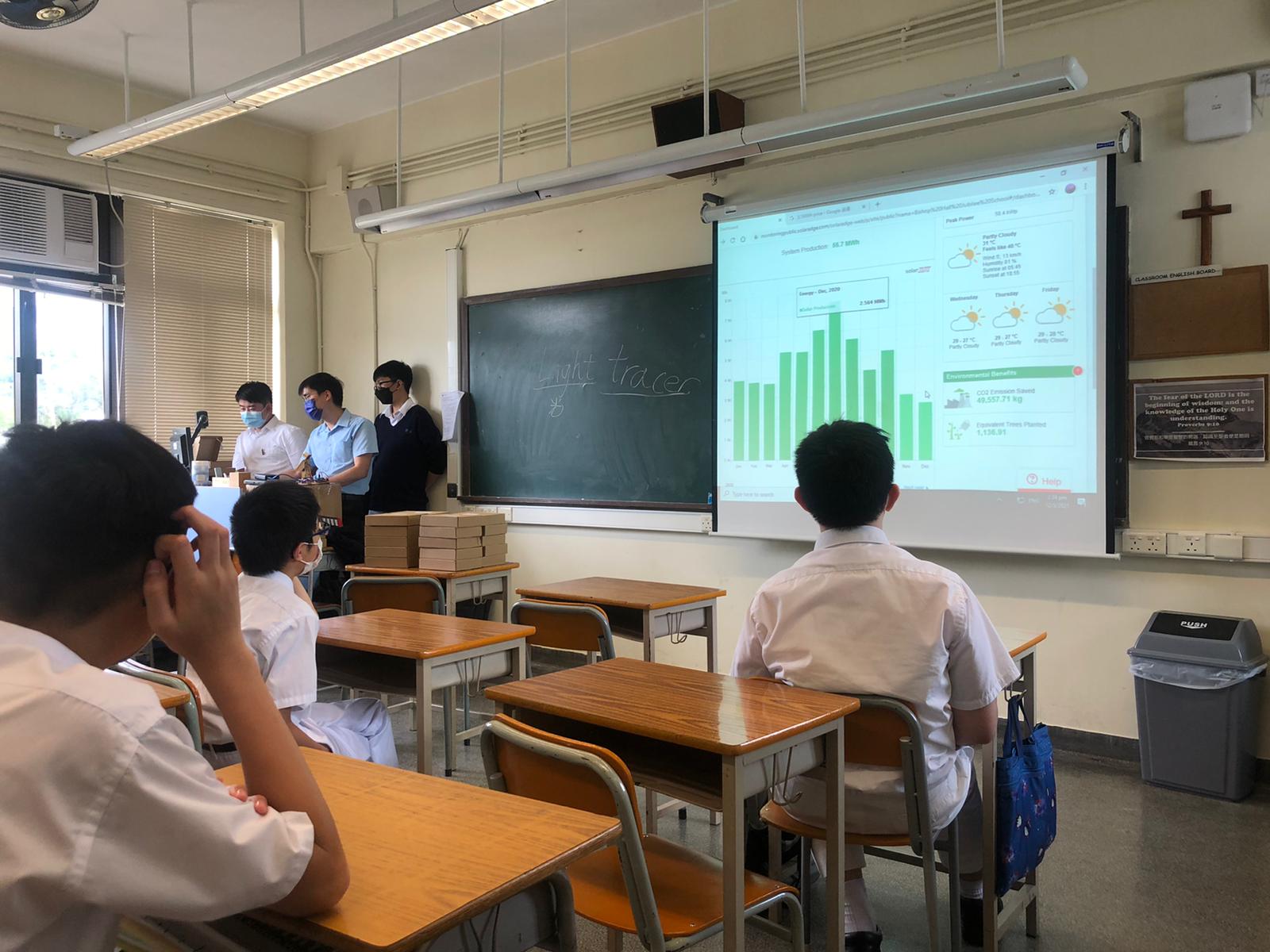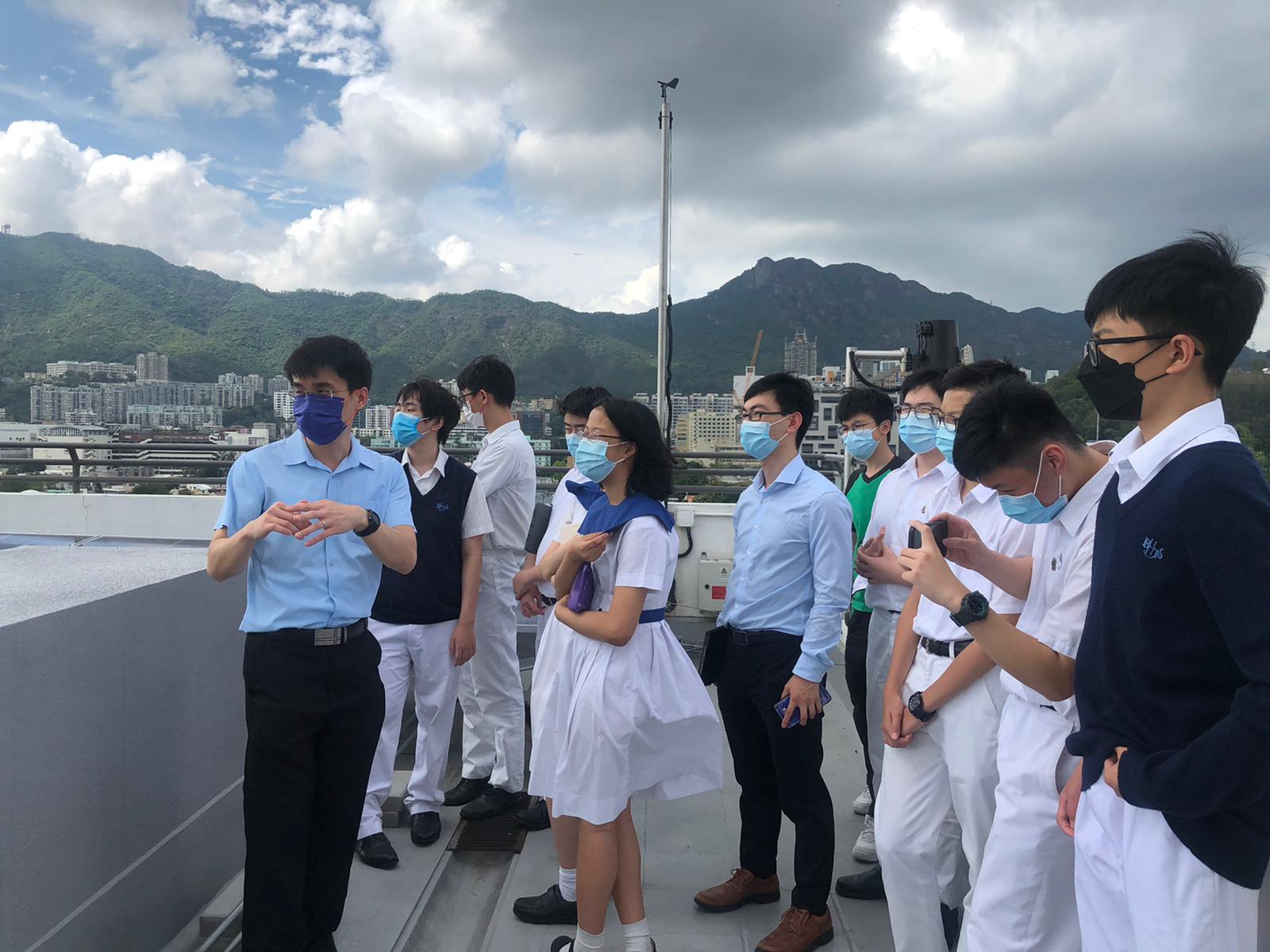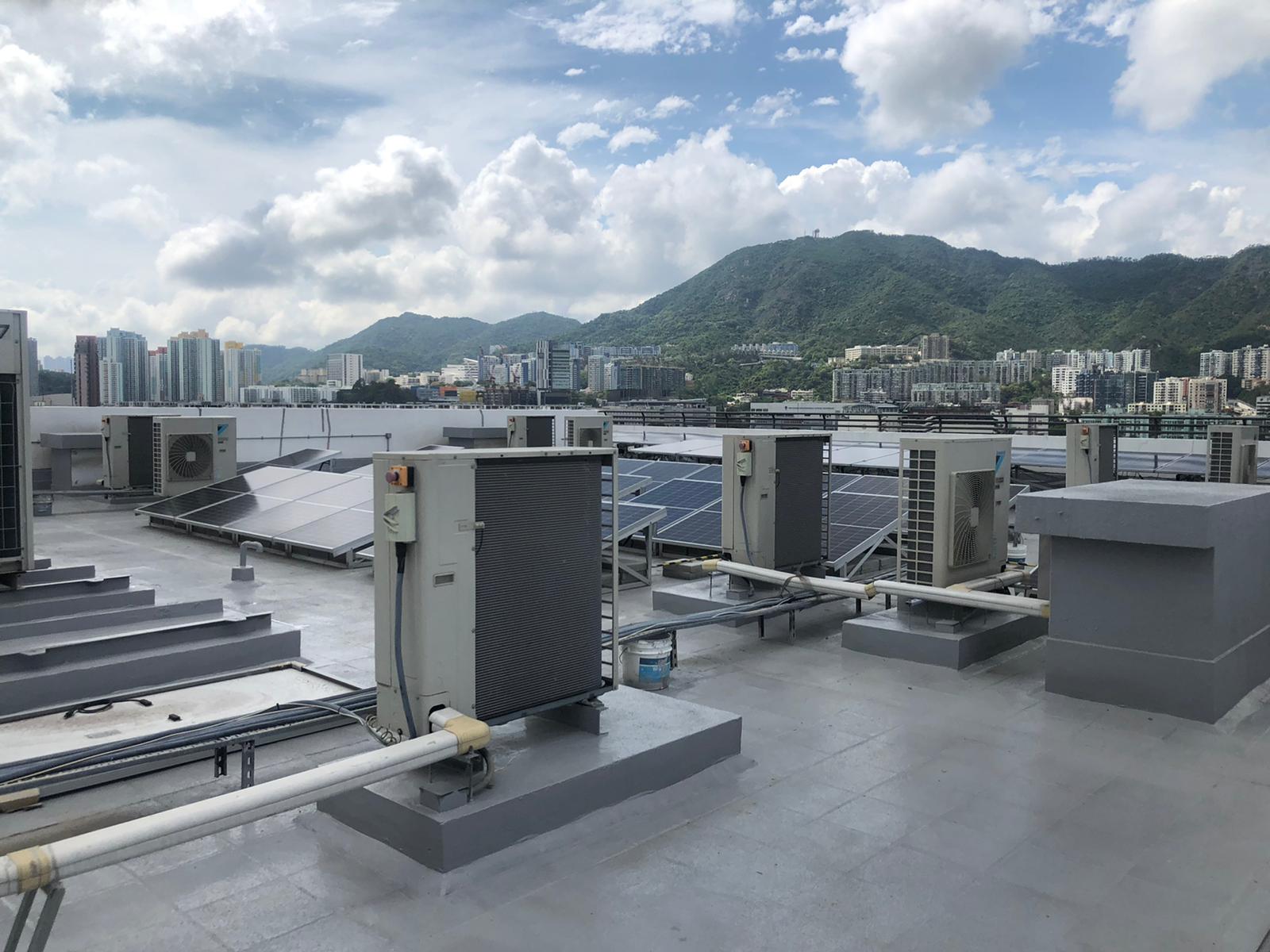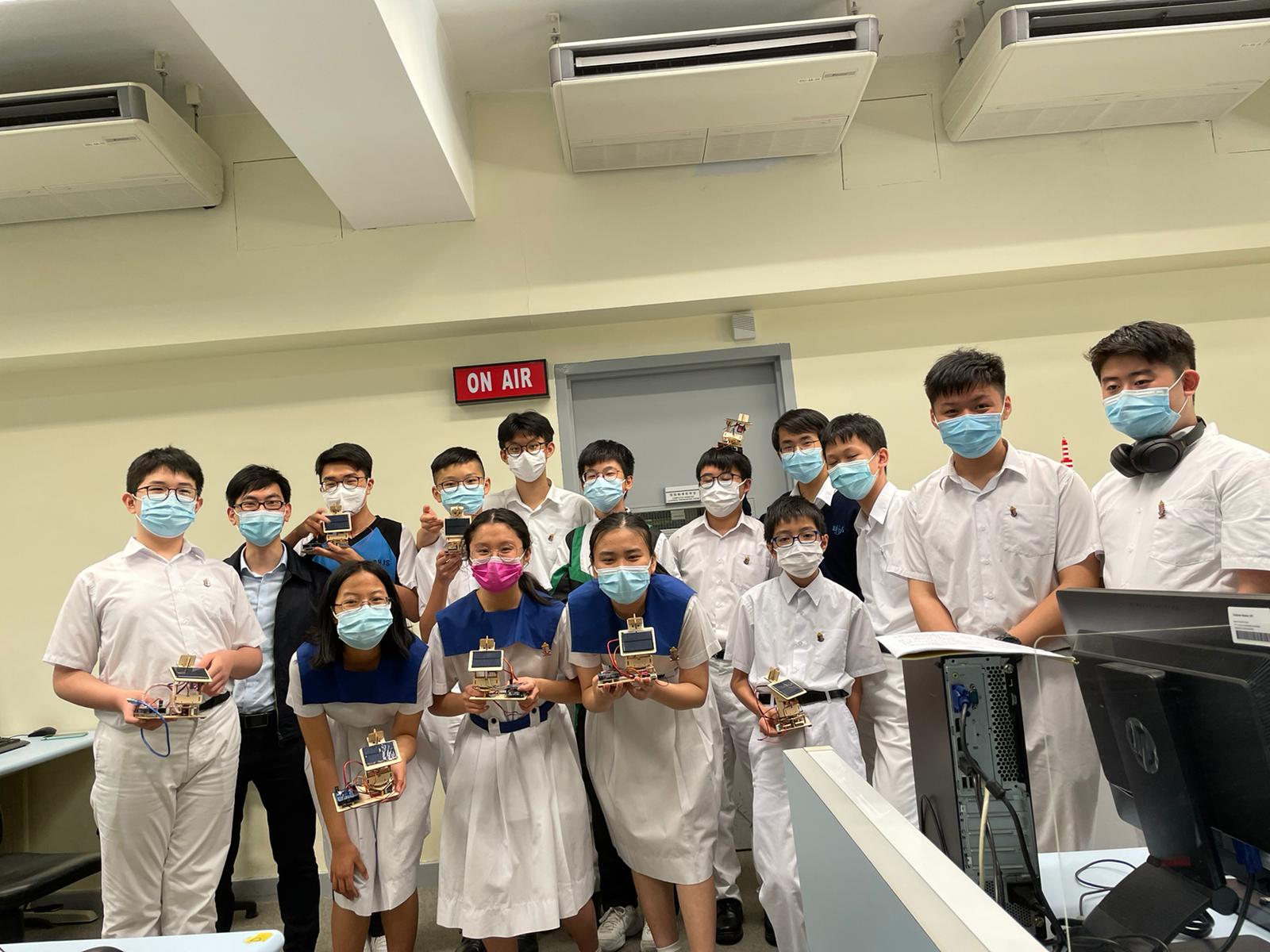Aims & Objectives
The broad aims of the Physics curriculum are to enable students to:
- develop an interest in the physical world and maintain a sense of wonder and curiosity about it;
- construct and apply knowledge of physics, and appreciate the relationship between
- physical science and other disciplines;
- appreciate and understand the nature of science in physics-related contexts;
- develop skills for making scientific inquiries;
- develop the ability to think scientifically, critically and creatively, and to solve problems individually or collaboratively in physics-related contexts;
- understand the language of science and communicate ideas and views on physics-related issues;
- make informed decisions and judgments on physics-related issues; and be aware of the social, ethical, economic, environmental and technological implications of physics, and develop an attitude of responsible citizenship.
Department Members
Department Head: Mr. Lee Hon Pui
Teachers: Mr. Au Wai Kay, Mr. Tang Tai Ming
Curriculum (Junior Form)
I. Wave Motion – Light
- Reflection of Light
- Refraction of Light
- Lenses
II. Heat and Gases - Temperature, heat and internal energy
- Temperature and Thermometers
- Heat and Internal Energy
Curriculum (Senior Form)
Compulsory part
I. Heat and Gases
a. Temperature, heat and internal energy
b. Transfer processes
c. Change of state
d. Gases
II. Force and Motion
a. Position and movement
b. Force and motion
c. Projectile motion
d. Work, energy and power
e. Momentum
f. Uniform circular motion
g. Gravitation
III. Wave Motion
a. Nature and properties of waves
b. Light
c. Sound
IV. Electricity and Magnetism
a. Electrostatics
b. Circuits and domestic electricity
c. Electromagnetism
V. Radioactivity and Nuclear Energy
a. Radiation and radioactivity
b. Atomic model
c. Nuclear energy
Elective part (any 2 out of 4)
VI. Astronomy and Space Science
a. The universe as seen in different scales
b. Astronomy through history
c. Orbital motions under gravity
d. Stars and the universe
VII. Atomic World
a. Rutherford's atomic model
b. Photoelectric effect
c. Bohr's atomic model of hydrogen
d. Particles or waves
e. Probing into nanoscale
VIII. Energy and Use of Energy
a. Electricity at home
b. Energy efficiency in building and transportation
c. Renewable and non-renewable energy sources
IX. Medical Physics
a. Making sense of the eye and the ear
b. Medical imaging using non-ionizing radiation
c. Medical imaging using ionizing radiation
Activities
Gas Pressure and Temperature Workshop & Scientific Investigation – Verification of Boyle’s Law
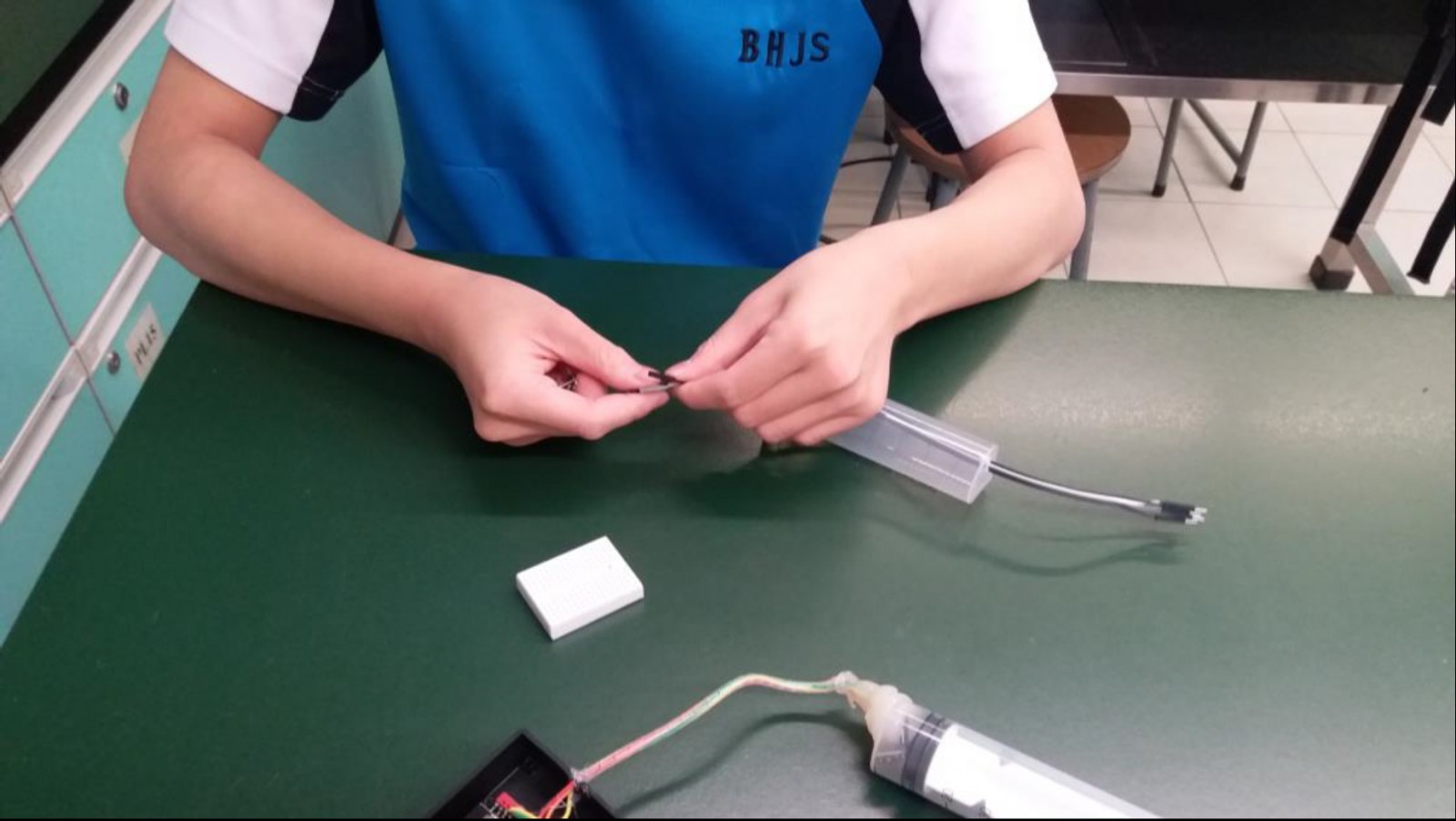
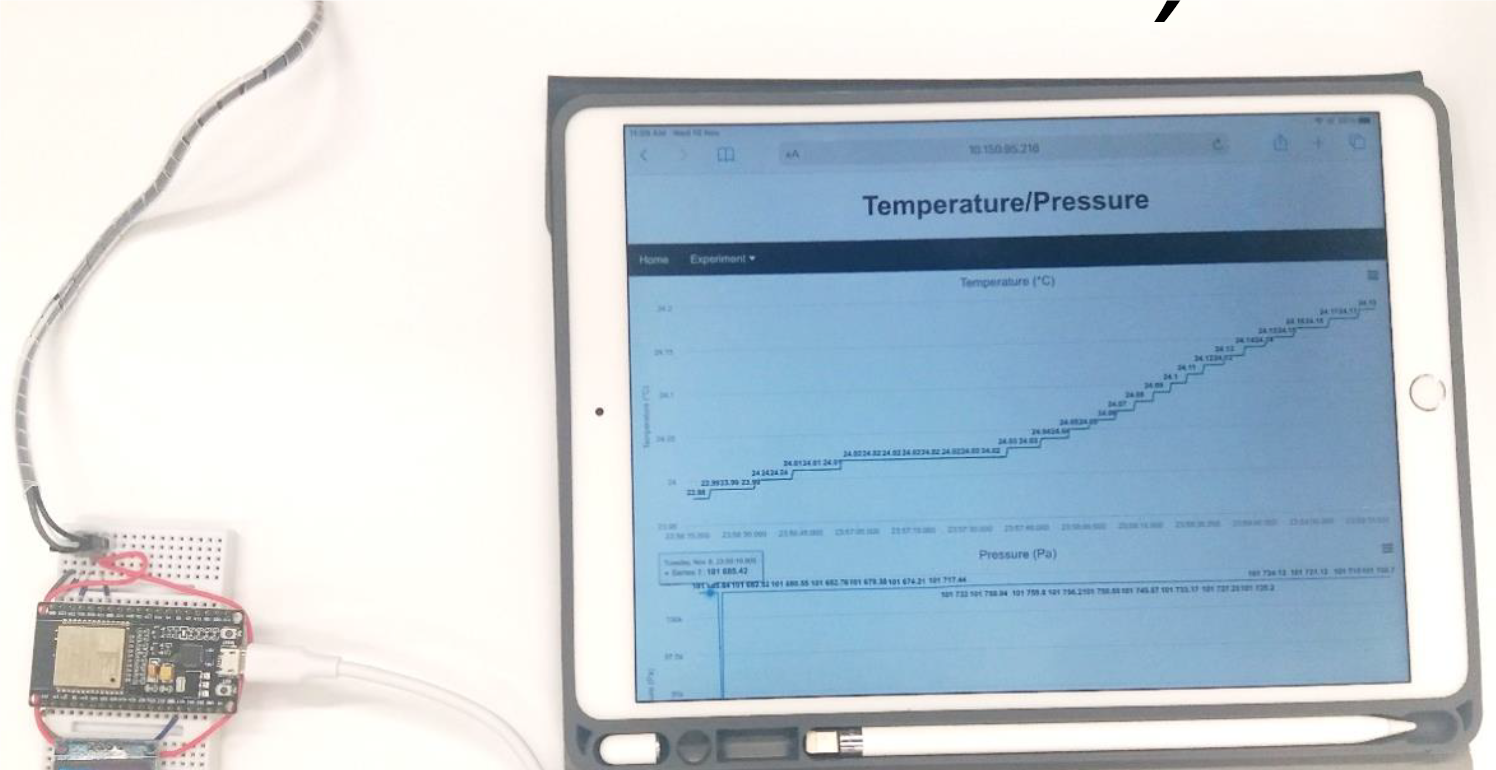
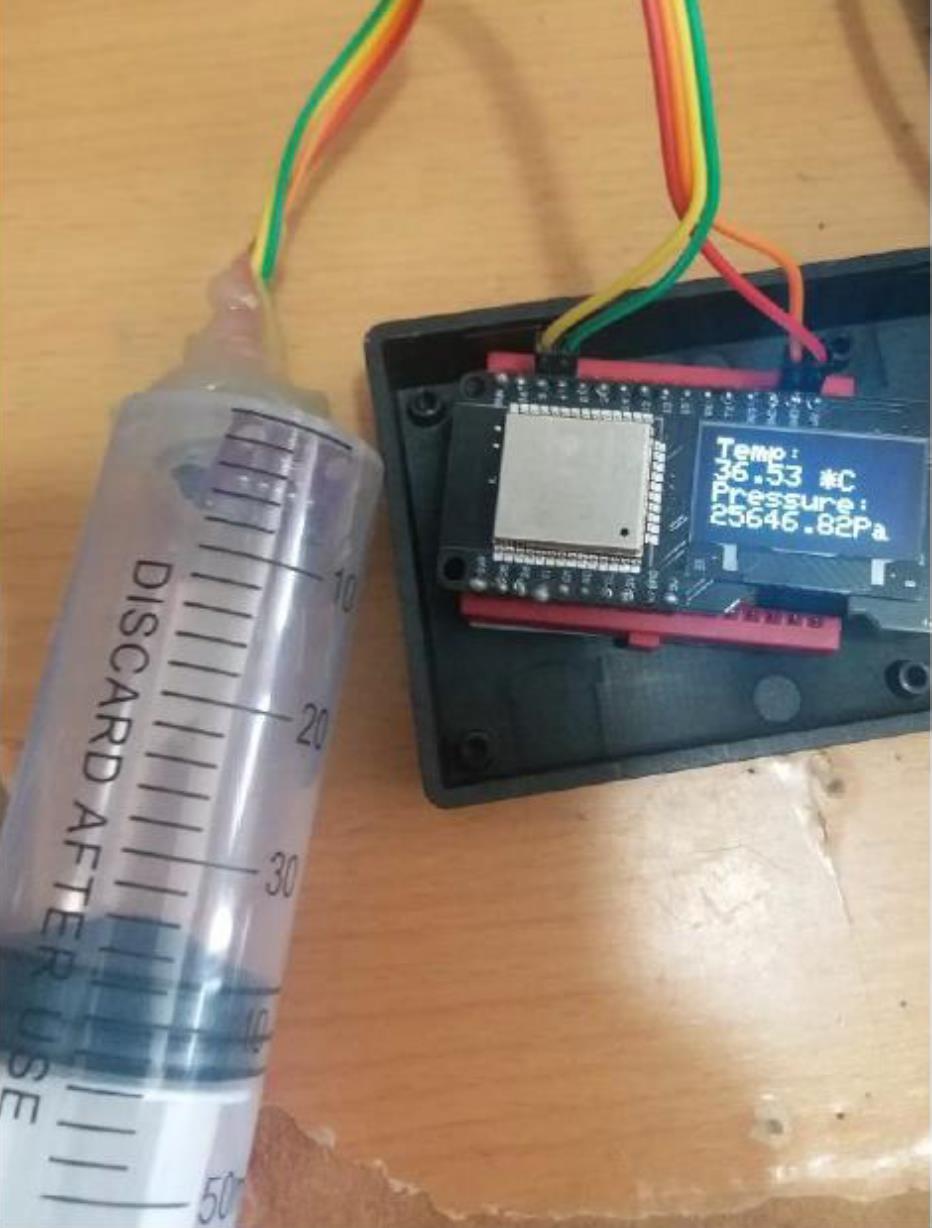
Light Tracer Workshop
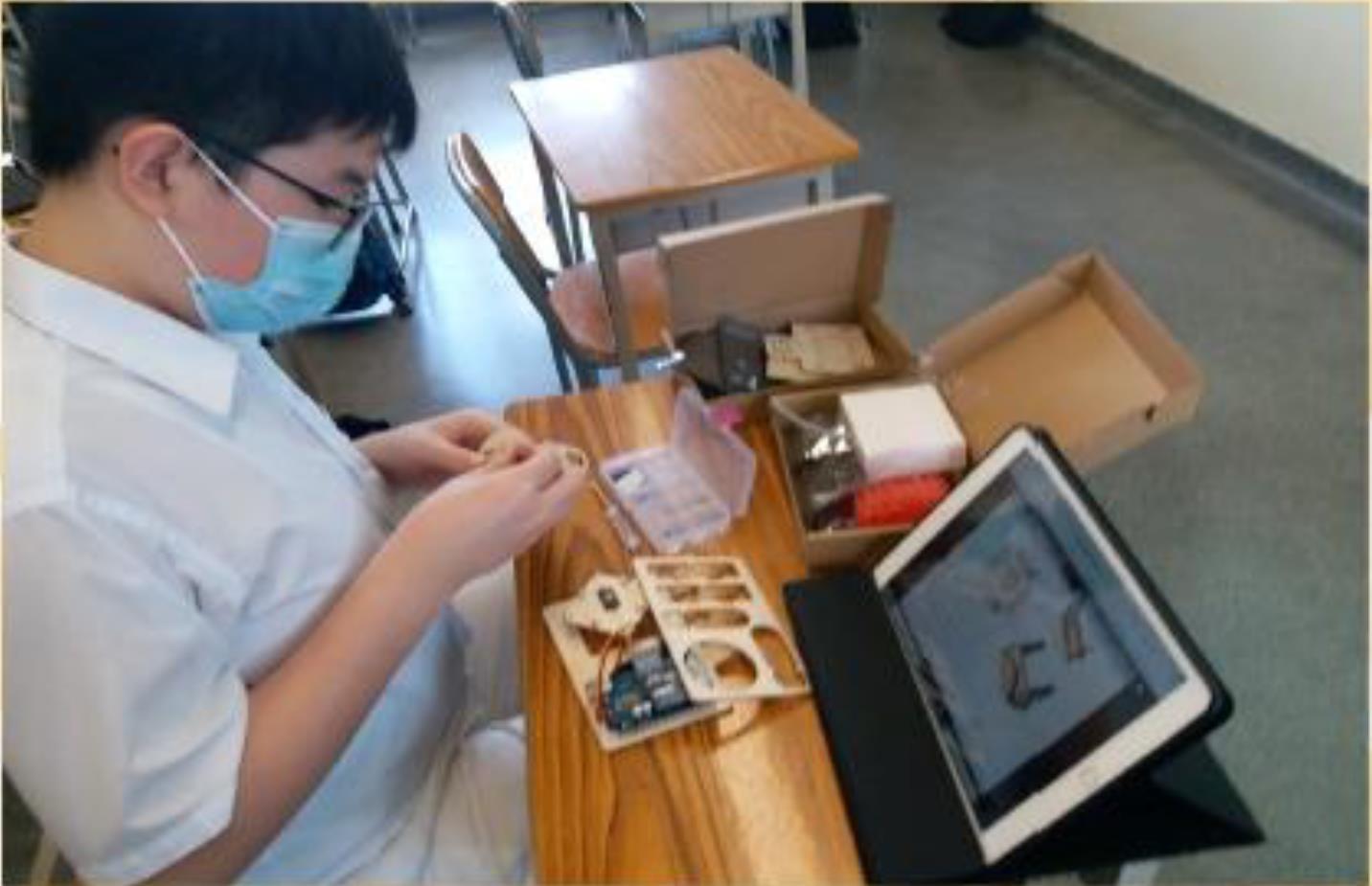
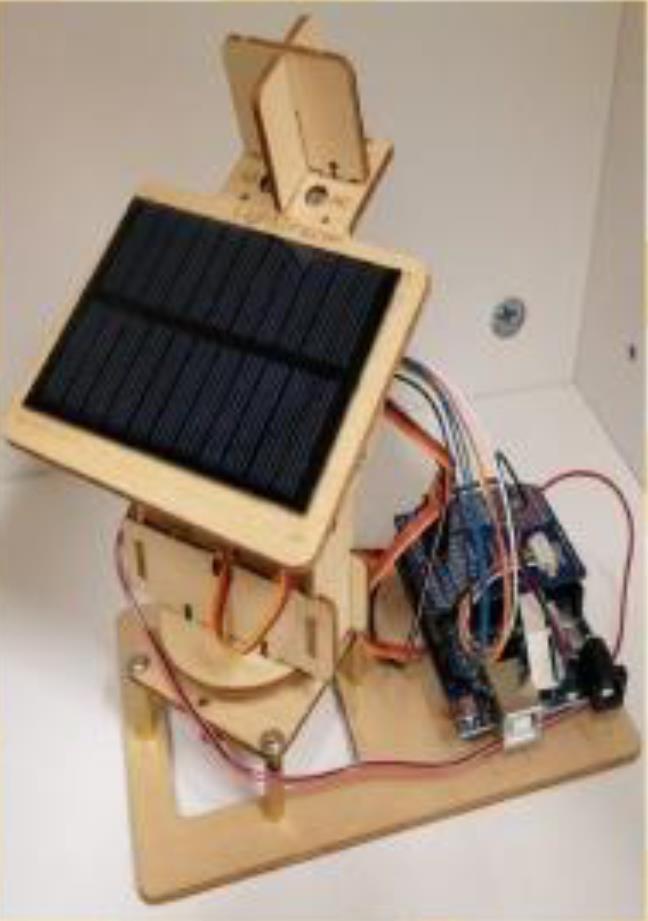
Information Day – Demonstration of Physics Experiments
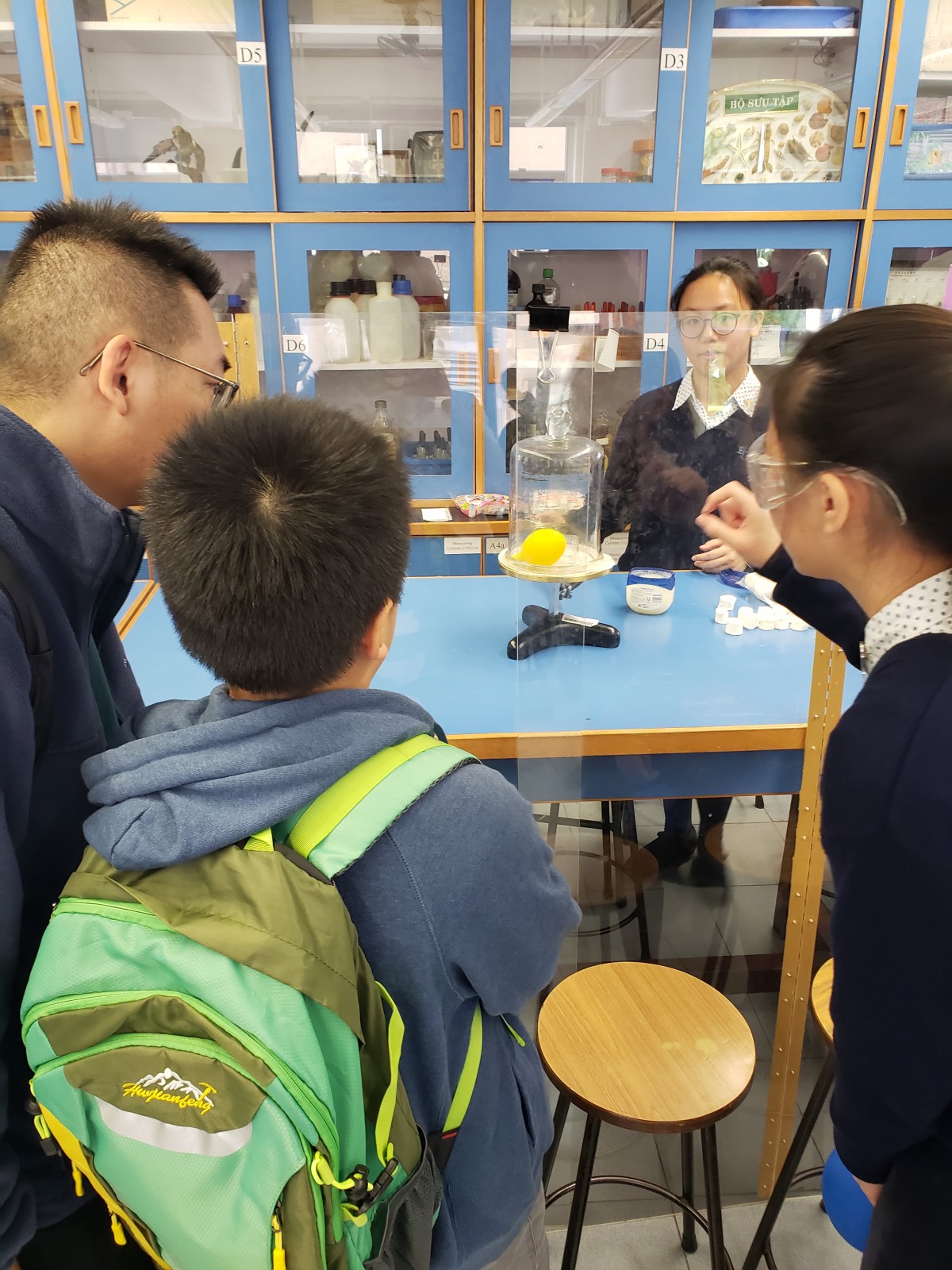
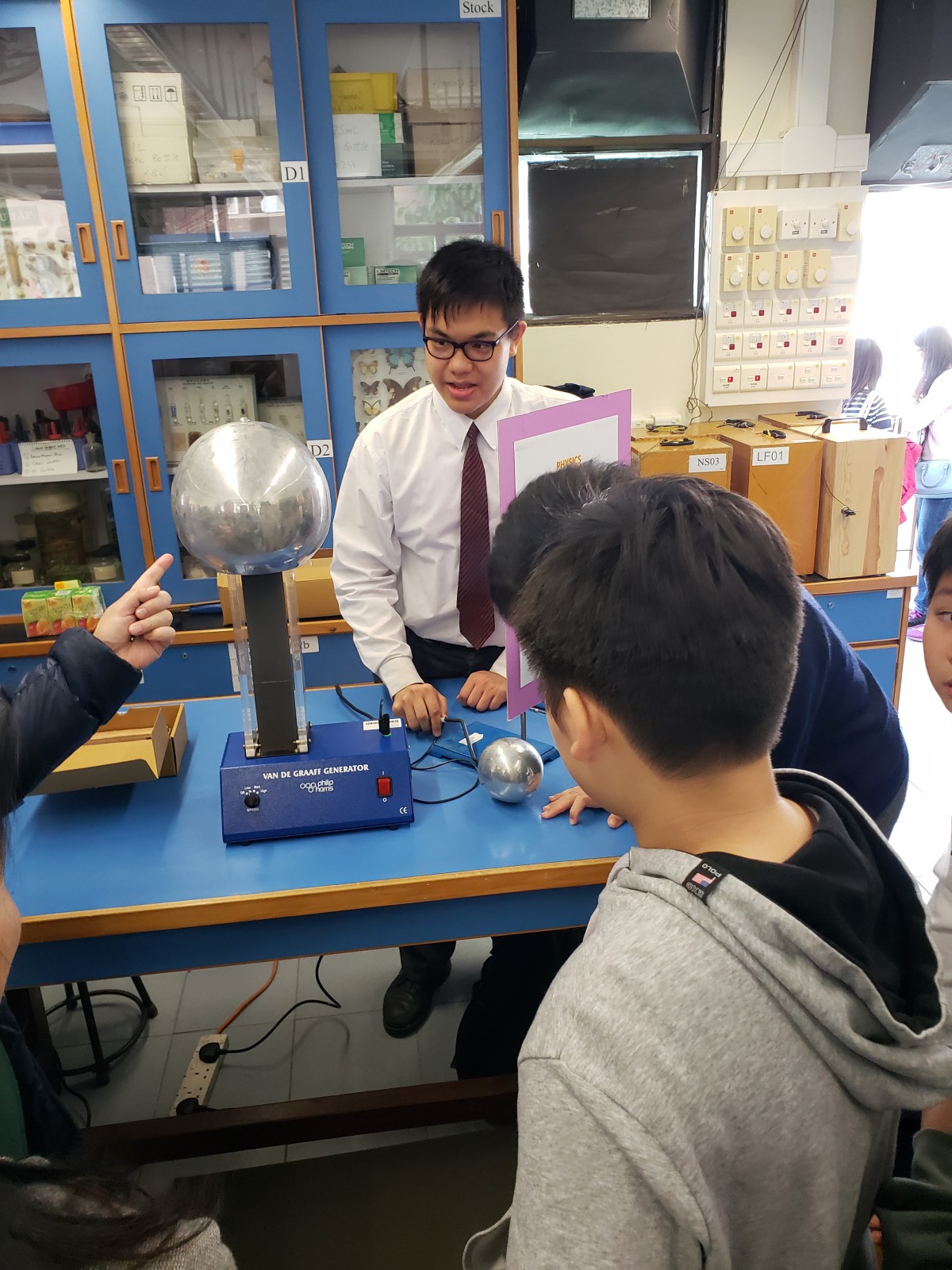
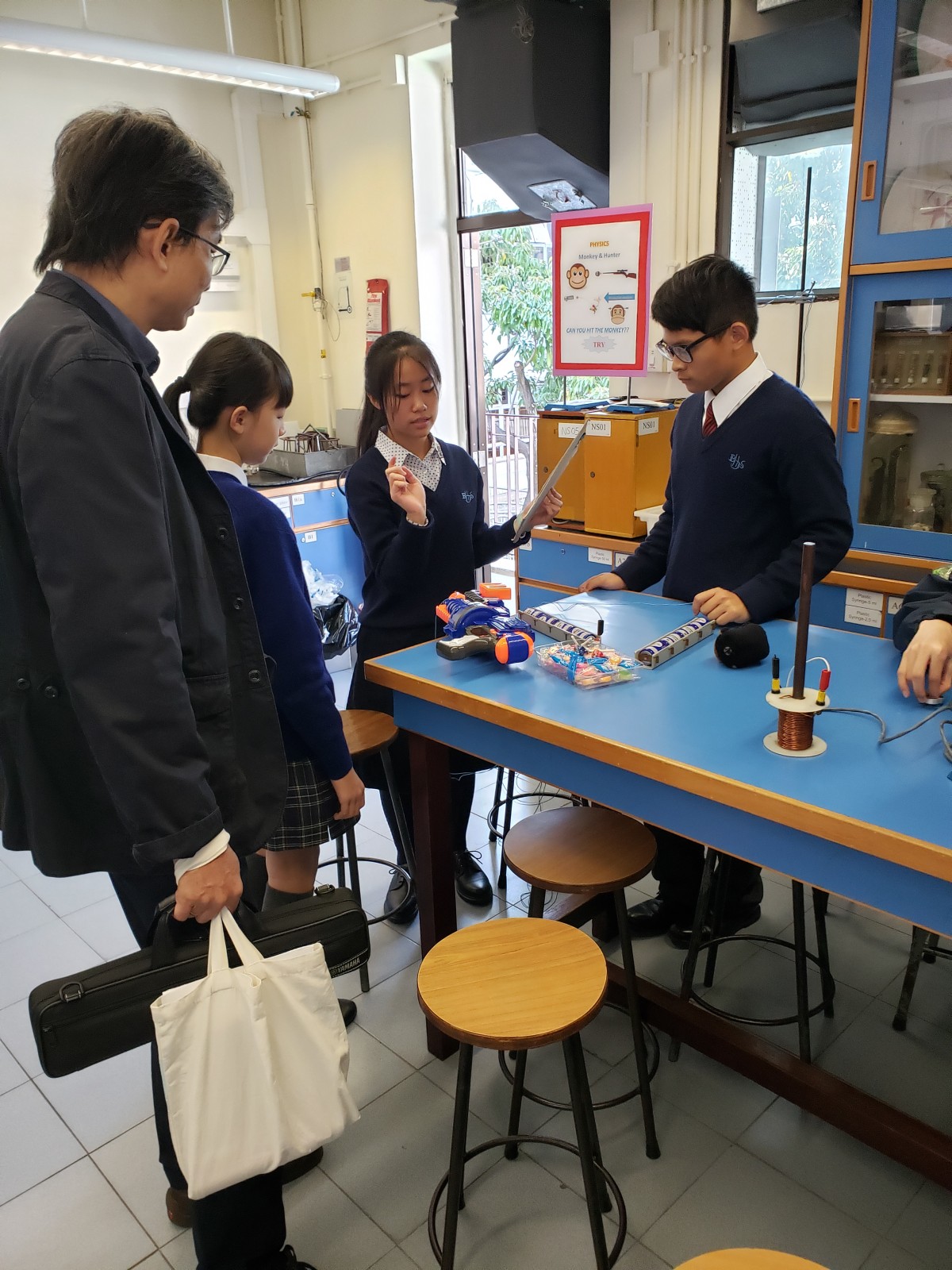
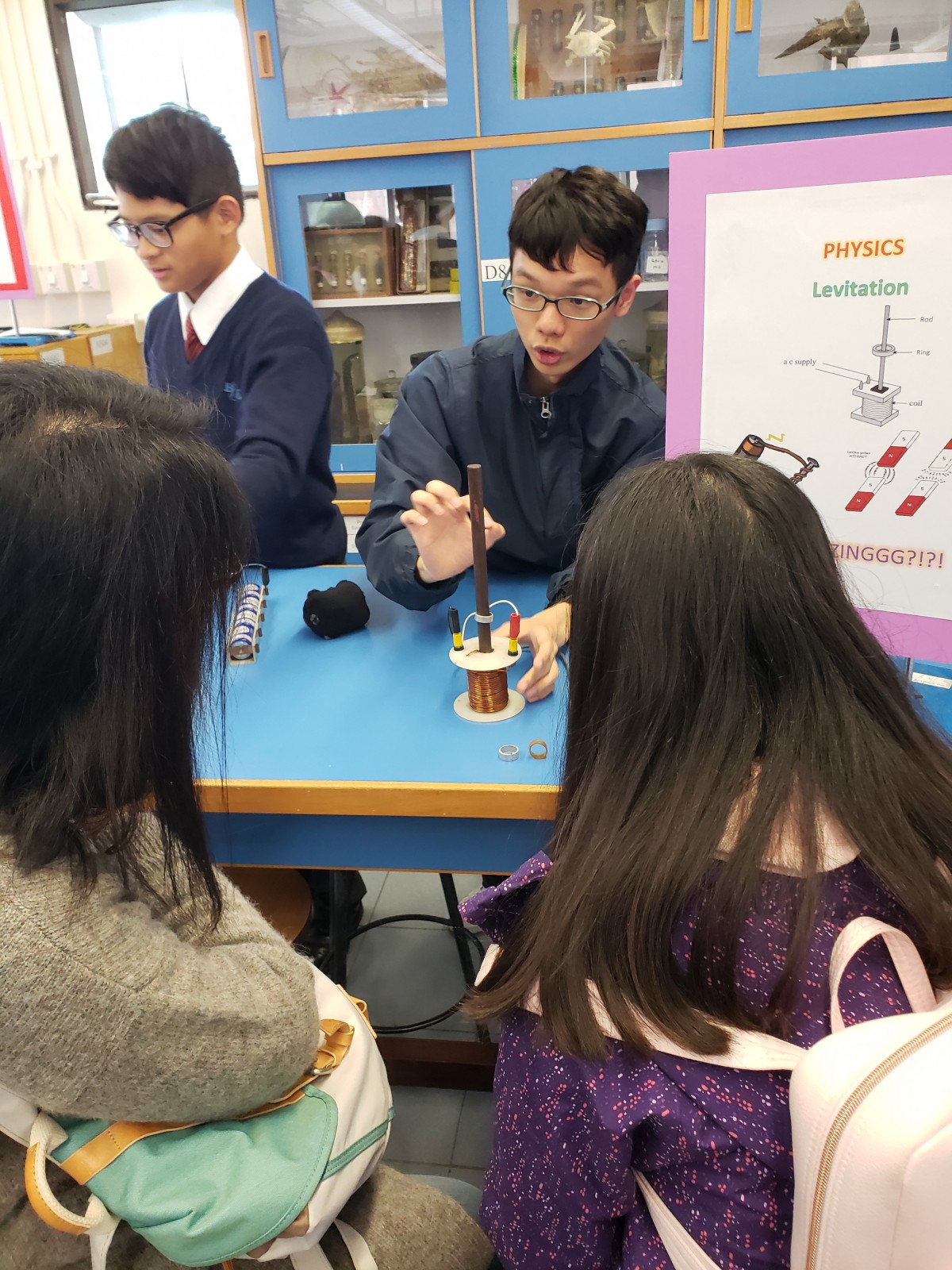
HKBU Physics talk on Green Energies
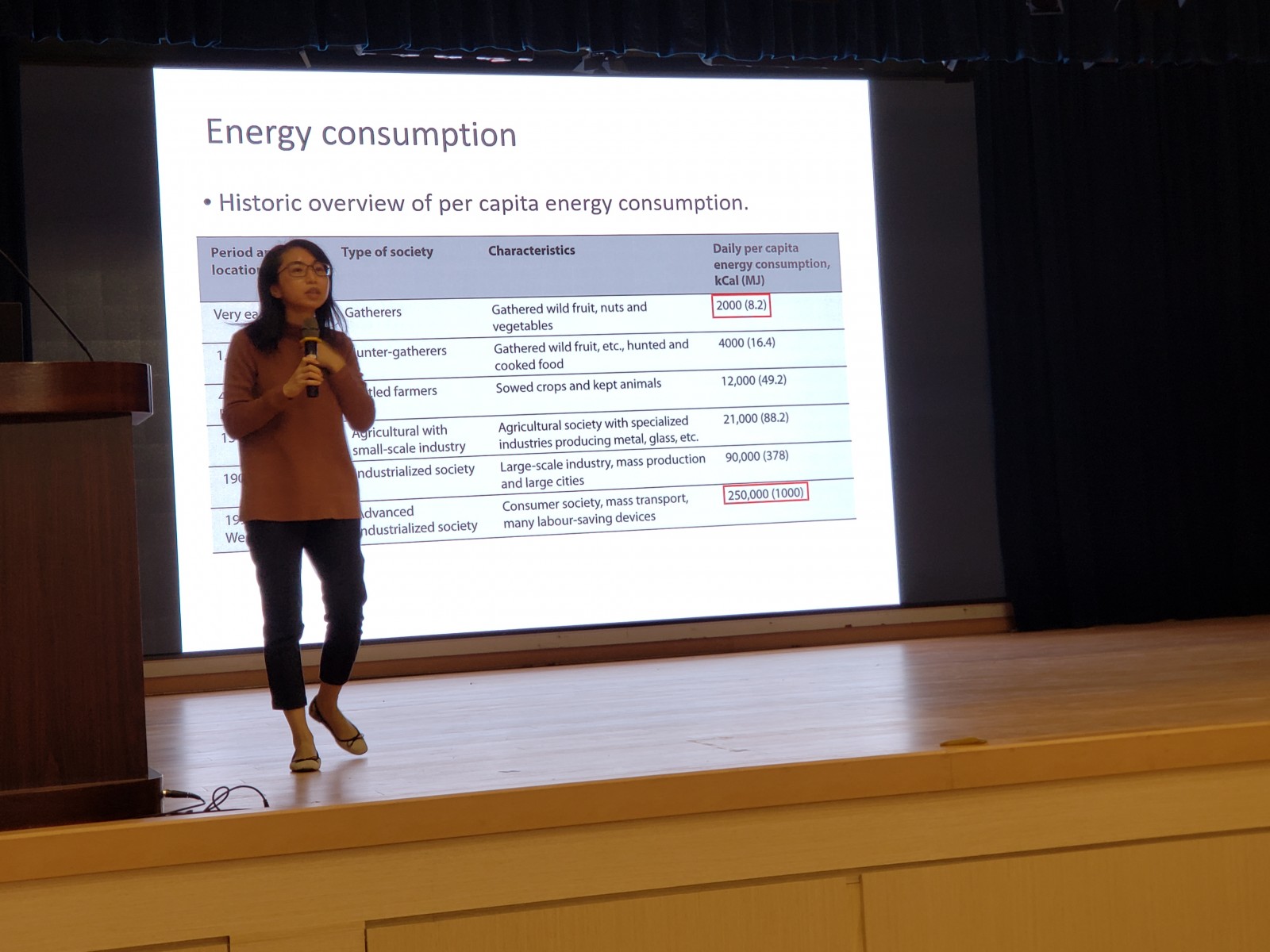
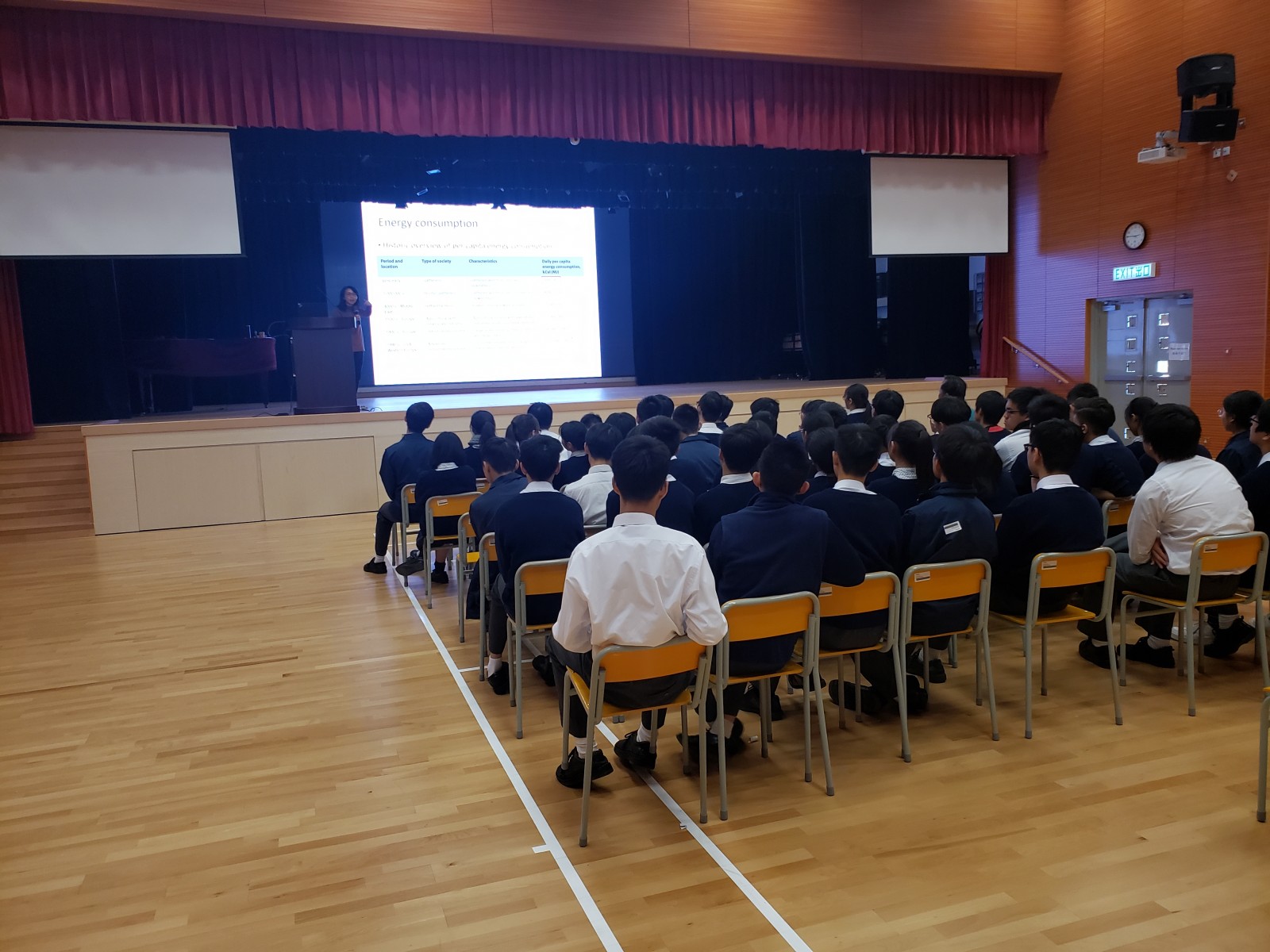
Physics x STEM: Light Tracer Workshop and Solar Panel System Visit
